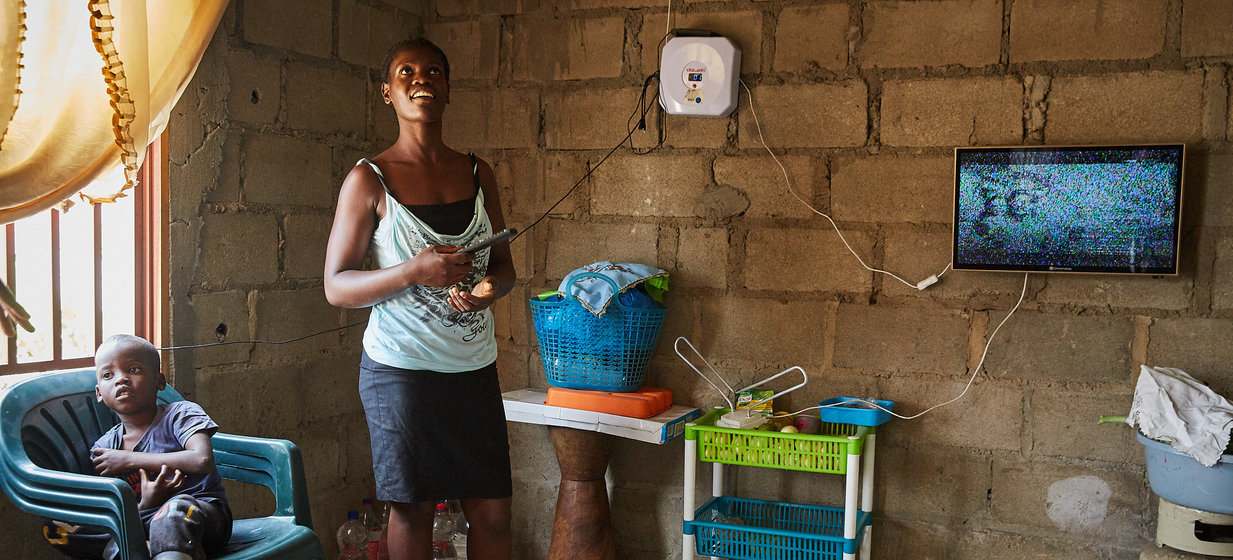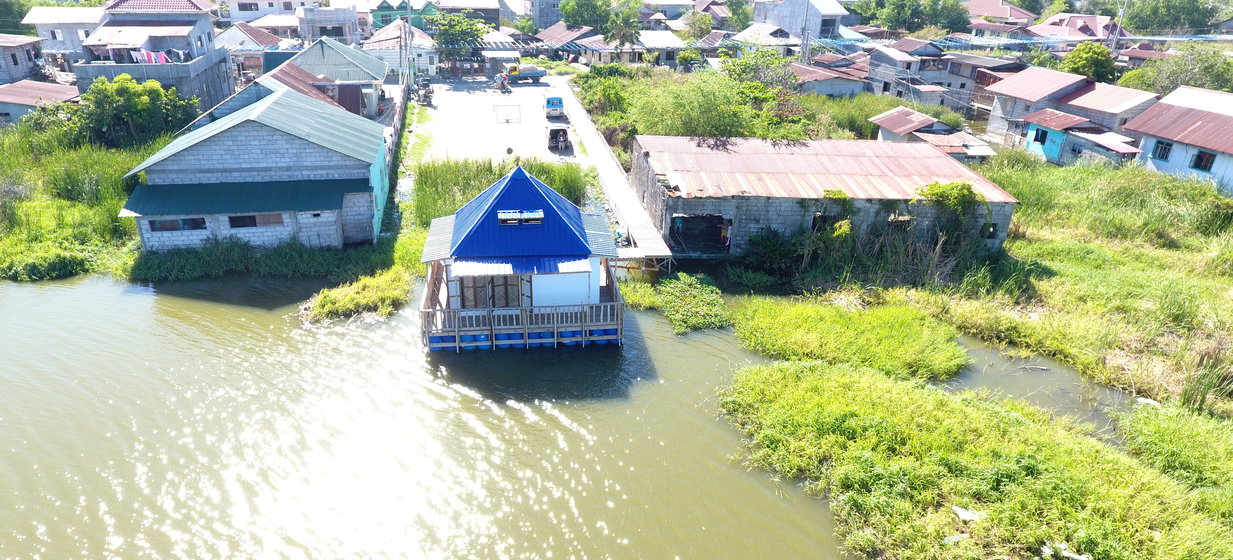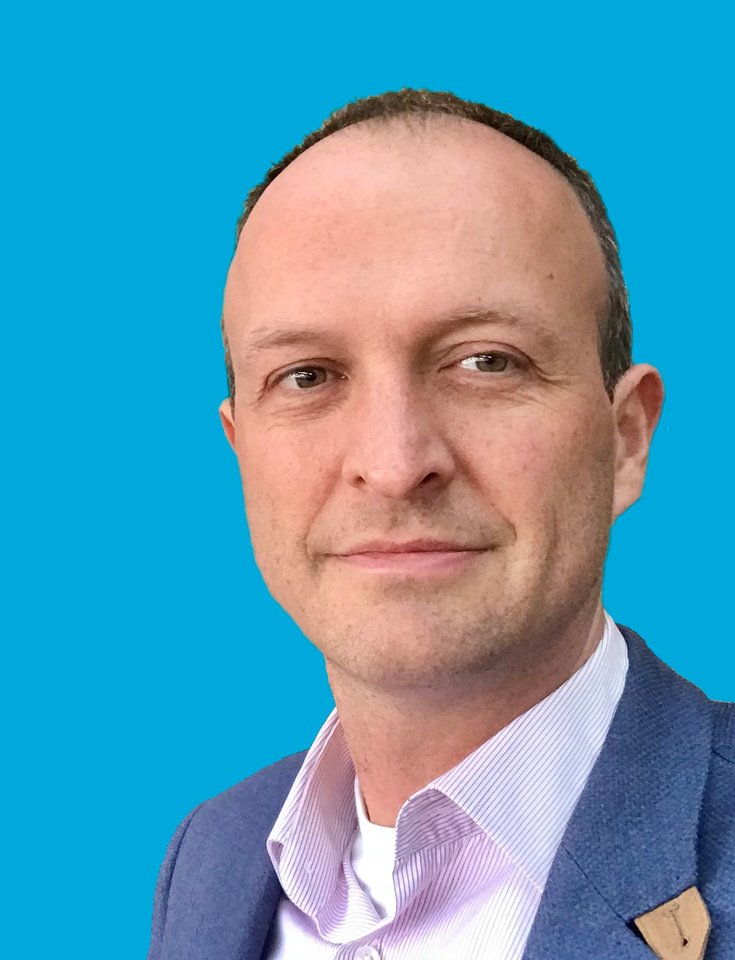Entrepreneurship
Development of entrepreneurship is of utmost importance. New ideas and applications that should lead to sustainable development only do so when people use them as often and quickly as possible where they are needed most. Users of these applications are typically companies, NGOs or governments with whom we have developed these new ideas. Sometimes the logical technology adopter is not yet present and then a start-up company can be the way to translating the concept into a product or service. At the TU Delft we help students or researchers to become entrepreneurs, and as TU Delft | Global Initiative we add our network and expertise in entrepreneurship in Low- and Middle Income Countries (LMICs) to the mix.
Value for many
At the TU Delft, innovation is a given. Our Delft Global researchers, educators and students are led by the questions of how LMICs can become more resilient, cleaner, healthier, circular and (self)efficient. Their input -always in co-creation with local partners and stakeholders- leads to an abundance of useful concepts and prototypes with potential. From water pumps run by solar energy, to floating homes, and 3D-printed (and therefore locally produced) hand prosthetics.
But a university is not a company. Offering goods and services on the market is a task of other parties. Professional entrepreneurs, whether or not in cooperation with investors, NGOs, or governments, can further develop concepts and prototypes, scale up production and create a market. This way, innovation becomes valuable for many.
Training
TU Delft supports the university community in the translation from concept to end product. We do this for example by teaching students and scientists how to build a business case, with which they can interest already existing companies for their brainchild, or work on their own start-up.
Research
Entrepreneurs have substantive and more long-term questions that researchers can help answer to address. (PhD) students can develop – in close collaboration with stakeholders or partners – a design or prototype, test it, analyse its operation and suggest or implement improvements. In addition, a business case of an entrepreneur from the Global South can lead to a study assignment or graduation project. For instance in the minor- and master programmes of the TU Delft Centre for Entrepreneurship students are addressing such cases.
Network
We have an extensive network of people and organisations that welcome and support innovation in LMICs. In addition to many knowledge institutions, this includes companies, organisations and foundations that pursue ecological or socio-economic returns with their investments. We are happy to use this network to support your entrepreneurship and look for the right partners for each concept or business case. We make potential and existing entrepreneurs aware of burgeoning innovations so that they can develop them further in collaboration with the university. One of the ways we do this is by digitally showcasing ideas and concepts developed in Delft.
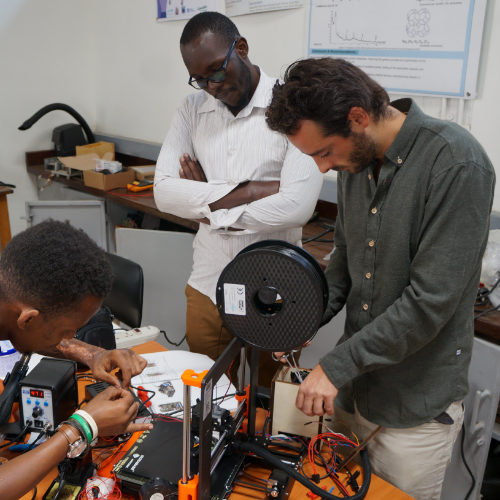
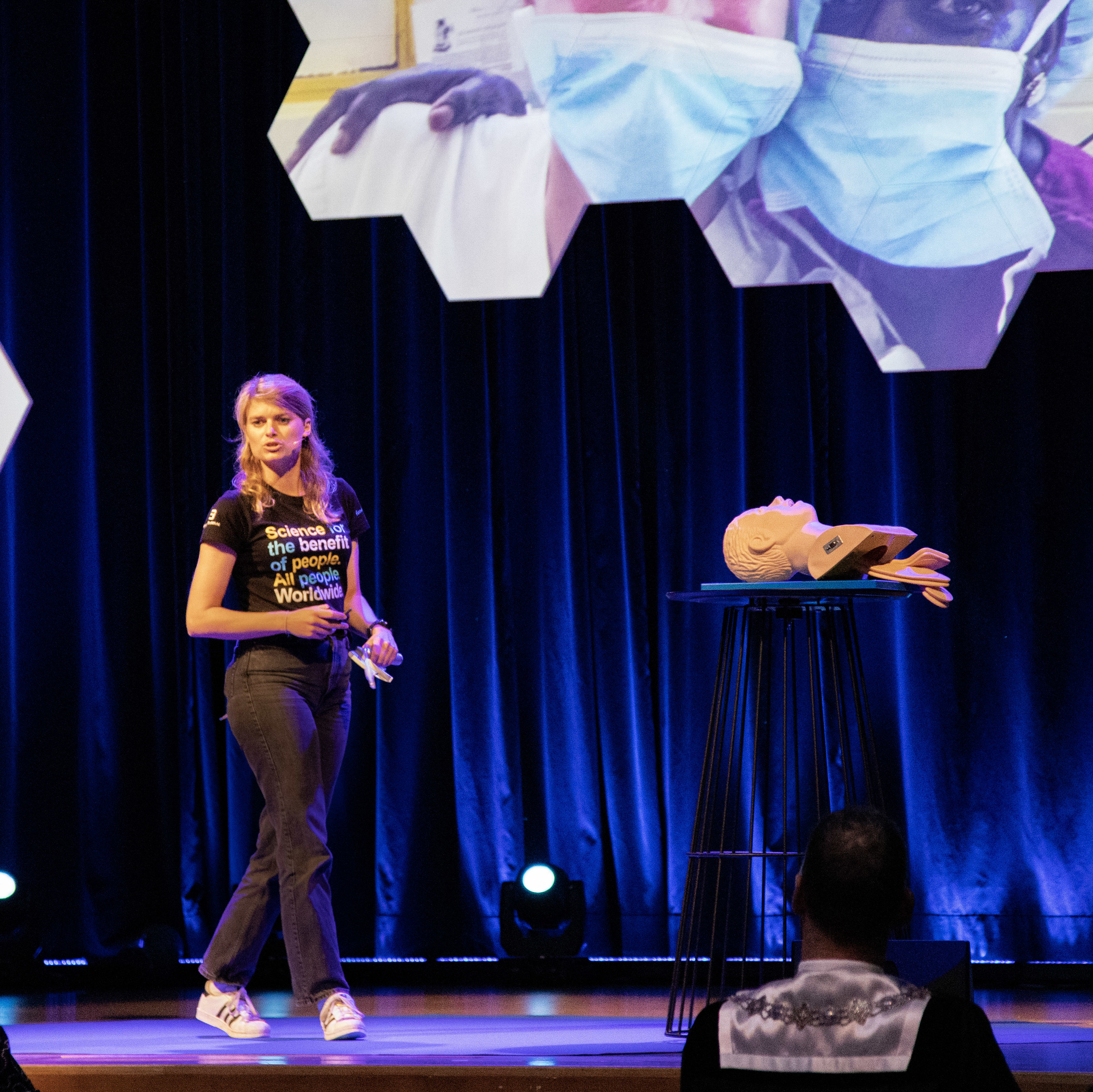
Resources
Specifically, we provide students and researchers with access to various relevant training programs, funding instruments and forms of collaboration and guide them in their application. For professional entrepreneurs and potential partners from low- and middle-income countries, TU Delft | Global Initiative functions as a gateway to the university community.
Education programmes (for students)
-
This minor program allows students to work abroad to develop technical solutions for complex challenges that will contribute to socioeconomic development.
During the minor you will work in multi-disciplinary teams to solve a challenge that has been assigned to you by a project provider. The majority of these challenges are located within developing and emerging markets and focus on pro-poor growth.
Together with your team you will learn how to manage and work in a technology related project in a different cultural and institutional setting and learn.
-
Each year ICFI organizes a unique education program for third year bachelor students from Leiden University, TU Delft and Erasmus University Rotterdam - the minor Frugal Innovation for Sustainable Global Development (FI4SGD). In the program, participating students will have the opportunity to work with students from other universities and disciplines, allowing them to step outside of their monodisciplinary frame of reference.
-
An overview of entrepreneurship courses, which are free electives taken by MSc and PhD students across all TU Delft faculties, and beyond. Hosting visits from practitioners, the classes are highly applied and interactive Whether you would like to build your own company, become more business savvy, or simply learn how innovation happens, Delft Centre for Entrepreneurship can help. The courses can be taken individually or as a Think-Act-Start set.
Startup support
-
Technology transfer is the third core task of universities, in addition to education and research. The transfer and application of knowledge for the benefit of the economy and society is becoming increasingly important in national and international innovation policy, in which technical universities play a leading role. TU Delft sees it as its social task to propose groundbreaking technical-scientific solutions that contribute to impact for a better society.
-
YES!Delft believes in the impact tech companies can have. Through innovation, they provide a crucial contribution to our society and economy. Their services turn promising ideas and teams into solid startups and help them grow into successful companies.
Funding
-
-
Delft Enterprises participates in innovative, early stage and technology-based spin off companies of Delft University of Technology. They aim to empower and speed up the development of these startups, as part of the ambition of the university to turn scientific knowledge into economic and social value. They achieve this through investment, advice and a broad network of investors and experts.
-
Early phase funding for established companies via Uniiq
A € 28,8 million investment fund focused on the proof-of-concept phase, UNIIQ helps entrepreneurs in West Holland bring their unique innovations to market faster. UNIIQ offers enterprising companies seed capital to realise their plans and bridge the riskiest phase from concept to promising business.
For companies looking for students
-
The JIP project is an interdisciplinary Master course at TU Delft, which is embedded in the curriculum. In it, students work full-time in groups of five on a challenge identified by industry for a total of 10 weeks. For companies the JIP project provides an opportunity to introduce an actual challenge that you encounter in your company, that will be tackled by passionate master students.
-
The Delft Global Student Club is the bridge between companies and TU Delft students interested in Global Development. The Delft Global Student Club moderates a platform for global development related student opportunities.
If you have a thesis, internship or other opportunity for a student with a focus on the global south and global development, please fill out this form.
Alumni start-up gallery
TU Delft alumni have created these start-ups. They all target (at least in part) LMICs as their market segment.

